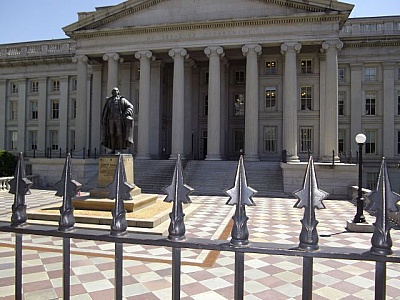Dobran v. Bunch, 125 Nevada Advance Opinion Number 3 6
6
On September 10, 2009, the Nevada Supreme Court adopted the Restatement (Third) of Suretyship and Guaranty section 14 (1966) on interpretation of guaranty agreements, at the same time as it abandoned the prior Nevada distinction between a guarantor who was compensated and one who is not, and abandoned the rule that a guaranty agreement must be strictly construed. The Court has ruled that general contract interpretation principles will apply and a guarantor will not be responsible for anything beyond what it clearly agreed to pay.
In this case, a company loaned money to five affiliated companies and demanded that their principal provide a personal guaranty. The affiliated companies then challenged the loans as usurious in a California court. The case was removed to Federal Court, and transferred to the U.S. District Court of Nevada, where the judge ruled that since Nevada law should apply to the loan, and Nevada has no usury law, Defendant/Lender should win. A year later, the company which lent the money, sued the principal in Nevada State District Court on the guaranty, seeking to recover attorney’s fees and costs in defending the usury action eventually found in their favor in Federal Court.
The Nevada Supreme Court found that since the language of the guaranty provision for attorney’s fees and costs was limited to “enforcing the guaranty” or “collection or compromising the indebtedness”, that the defense of the usury action was not covered. They found no affirmative action by the company to collect or compromise the loan. Therefore, the guarantor was not liable for those fees and costs.
This decision is consistent with the current Supreme Court’s apparent policy mandate to bring Nevada law into line with the rest of the states in the Western United States, while discarding antiquated distinctions and regulations.
Steven R. Bartell


